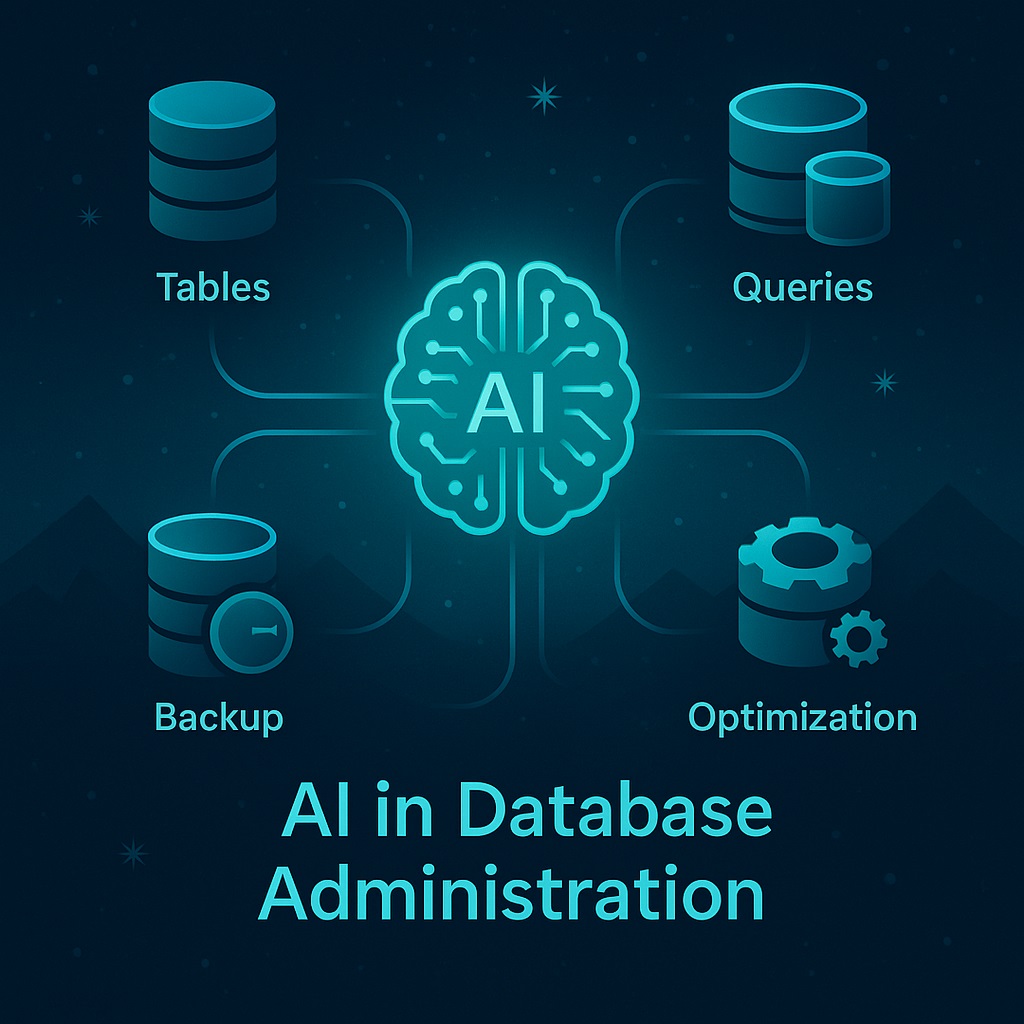Since the days of playing Pong in your best friend's living room, the gaming industry has gone a long way. Virtual reality, augmented reality, redesigned graphics, and a focus on storyline have made today's games more immersive and entertaining than ever before. Like software development in general, the IoT is one of the most recent advancements to propel the game industry forward.
The IoT (Internet of Things) has been a significant boost in the gaming industry's massive success by enabling fantastic streaming of free-to-play mobile games available on the market. In the past few years, the Internet of Things has genuinely re-evaluated the gaming industry. Developers are also considering building or inventing devices and software that rely on the internet to provide a completely new gaming experience.
What is IoT?
The IoT is a network ofinterconnected mechanical and digital machines, computing devices, animals,objects, or people with unique identifiers and the ability to transfer dataover a network without the need for human-to-human or human-to-computerinteraction.
The internet of things is aterm that describes how the internet connects all devices that have a computerchip within. It usually has to do with how a smartphone connects to andcommunicates with other devices, such as a home computer, a personal vehicle,or a smartwatch. When something is linked to the internet, it can either sendor receive data. This ability to send and receive data makes things moreinnovative and more intelligent is better.
IoT is mainly comprised ofthe following:
- Sensors that gather and transmit data.
- Computers that receive and process data.
- Things that fulfill both functions.
IoT and Games
IoT has benefited gaming byallowing smart devices and consoles to be used by gamers, players, andstreamers. Though games were available in the past, they were not well-knownbecause mobile phones lacked features that prevented people from enjoying thefun gaming mode.
Nowadays, smartphones areequipped with cutting-edge software and hardware, allowing developers to creategaming experiences that are both enhanced and smooth. IoT has accelerated suchdevelopments on mobile devices, combining different features such as sensors,microphones, and accelerometers, among others, with gaming modes for moreenjoyable gameplay. Moreover, the combination of games and IoT has providedgamers with an unexpected connection with the gaming as if they are in realitywith the game's narrative.
The increased use of smartphones has greatly accelerated the growth of IoT. Accelerometers sensors, touch and pressure sensors, cameras, and heart rate monitors are among the hardware and software features found in smartphones and tablets. Mobile applications can use all of these to report and collect data on user experience. For example, gaming platforms will learn how customers interact with online games by analysing and tracking the correct data.
Another advantage of mobilegaming's growing popularity is that it makes gaming more accessible to peopleof all backgrounds. However, gaming consoles can be costly and are frequentlyregarded as luxury items in many households. On the other hand, smartphonescome in various price points and are considered a necessity regardless ofincome.
In the last ten years, videogaming has undergone massive change and overhaul. While desktop devices andconsoles continue to be extremely popular, the mobile gaming industry has seenthe most growth, thanks mainly to the continuous flow of free games released tothe market.
Conclusion
Many businesses, including the gaming industry, stand to benefit from the Internet of Things. Every year growing faster, the sector forces companies to seek out new ways to differentiate themselves. As a result, the entire market will alter forever if IoT is implemented in video games.
Today, the reality is thatIoT offers unlimited potential in the gaming industry. However, as more devicesconnect to the internet of everything, the potential effects on people's dailylives remain debatable due to issues ranging from security concerns tologistical implementation.
IoT in the gaming industry has enabled game developers, designers, and manufacturers to leverage the advanced software and hardware available in smartphones to create many IoT gaming projects, market them to a larger audience, and improve their gaming experience.



